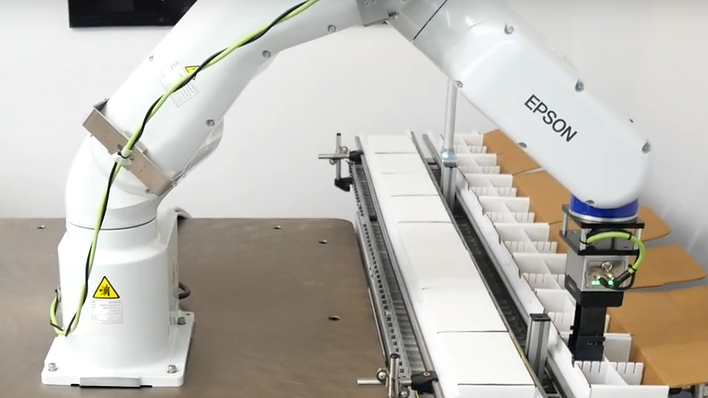The Human Resources (HR) function has seldom been known for its rapid adoption of new technology. Things are changing in this regard, however. HR now has lots of data about employees from internal HR information systems, and there are increasing volumes of data about potential job candidates from external sources like LinkedIn. This data availability, and the general trend toward data- and analytics-based decisions in organizations, set the tone for HR use of advanced analytics and AI. Some HR organizations embraced analytics almost a decade ago; a couple of co-authors and I found enough examples to write about them as early as 2010.
The obvious next step for HR is to adopt artificial intelligence, and that is definitely happening. A survey I conducted with Oracle was recently released, and it suggests that HR is employing not just analytics, but also AI, in significant numbers.
First, a little context may be helpful. As I suggested, the study reveals that just over half of HR organizations in the global survey say they can perform advanced (predictive and prescriptive) analytics, and only 6% of HR respondents say they are “novices” at analytics. The survey also included respondents from Finance, and HR’s use of advanced analytics is 14% higher than in Finance. Respondents said that HR and Finance are increasingly collaborating on the use of data and analytics — surely a good thing if an organization cares about the financial cost and value of its people. The survey also revealed that although HR is widely employing advanced analytics and other technologies, it still needs to work on “making good decisions based on trusted data,” “easily understanding the results and implications of analyses,” and “accessing information from other departments.”
AI usage in HR
But I was most surprised in the survey results by how much usage of AI there is in HR. When asked which types of analytics they were using, 31% made “artificial intelligence” their first choice, and 58% put it in their top three choices. In other words, it’s fair to say that over half of HR respondents in a global survey feel they are making use of AI in their functions. That’s pretty astounding.
When respondents were asked what they were doing with AI, the most common responses in terms of applications (first choice in a list) were “identifying at-risk talent through attrition modeling” (25%), “modeling our talent pipeline” (22%), “predicting high-performing recruits” (18%), and “sourcing best-fit candidates with resume analysis” (15%). All of these, I believe, are probably machine learning applications. The only exception to this type of AI was from the 7% of respondents who were “supporting employee interactions with chatbots.” All of those use cases were predicted to grow slightly by the respondents over the next 12 months. AI use in HR is not a tidal wave, but it is a definite trend.
I have found that respondents to surveys on AI sometimes inflate their use of the technology, but in general I find these responses credible. The most straightforward forms of machine learning, which would be required for attrition modeling and predicting the success of recruits, are basically the same as predictive analytics. Since a lot of firms said they were using predictive analytics as well as AI there is some internal coherence in the survey responses.
Secondly, companies are increasingly using AI capabilities within enterprise software. Many HR vendors, including Oracle, now offer some AI capabilities for “smart candidate lists” or employee-attrition modeling. It’s a relatively easy way to use AI, since the data is typically already in the system and the user is comfortable with the interface. In another survey I did with Deloitte of US executives in 2018, 59% of respondents said they were using “enterprise software with AI,” and I suspect that’s what’s happening here too.
Of course, we are still a long way from eliminating all human HR workers and turning out the lights in that function. If you learn from an AI system that a job candidate is likely to perform well, or that an employee is likely to leave the company, the next step is not an automated action but rather a human intervention. It might be an interview with a candidate who appears promising on paper, or a discussion with an employee about how to keep them in the company.
There is no doubt, however, that AI and analytical tools can improve the efficiency and effectiveness of HR. I don’t think that the use of these tools in HR has yet surpassed their application in marketing, for example, but HR is coming on strong. Most firms say that it’s their people who make them great, and there is no doubt that people are one of the most expensive resources in any organization. It makes a lot of sense that we would apply data, analytics, and machine learning algorithms to manage people better.
This article was written by Tom Davenport from Forbes and was legally licensed through the NewsCred publisher network. Please direct all licensing questions to legal@newscred.com.
![]()



